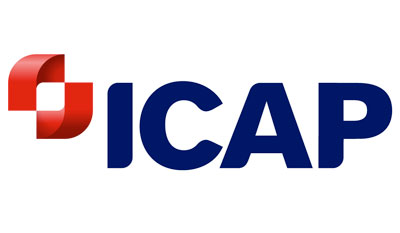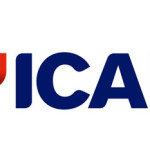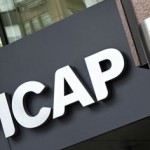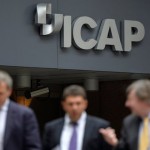ICAP to face EU fine over yen cartels

ICAP faces an EU fine this week for allegedly facilitating cartels on yen-denominated inter-rate benchmarks, as Brussels tackles the holdouts in rate-rigging probes that have already resulted in about €1.7bn in penalties.
The world’s largest interdealer broker has strongly denied wrongdoing, refused to settle and has informed the European Commission that it will appeal any fine as wrong in fact and law, according to people involved in the case.
Although the Commission will not decide on the exact penalty until later this week, it is expected to be under €10m. If its appeal is unsuccessful, ICAP will however be in the line of fire for potential damages claims. The Commission declined to comment.
A charge-sheet served against ICAP in June accused the broker of enabling illegal arrangements between banks in markets for the yen-based London interbank offered rate and yen Tibor, the Tokyo interbank offered rate. The allegations covered periods between 2007 and 2010.
ICAP said: “We will be very disappointed if the European Commission chooses to pursue this case. The European Commission has failed to put forward any evidence to show a competition violation. We remain of the view that these allegations are without any merit and we will take all steps available to defend ourselves.”
The cartel probe is one strand of a long-running Commission investigation into manipulation of interbank lending benchmarks, such as Libor and its European sister benchmark Euribor, which involves up to 11 financial groups.
In late 2013, Brussels handed out a record €1.7bn of combined fines to six banks and a cash broker which admitted their involvement in the cartels. Royal Bank of Scotland, Deutsche Bank, JPMorgan and RP Martin were fined a total of €669m for colluding on Yen-Libor linked products. UBS won immunity and avoided a €2.5bn penalty by tipping off the Commission to the existence of the cartel.
The Commission has since confronted ICAP and three other banks that refused to enter settlements on at least one of the alleged cartels. HSBC, JPMorgan and Crédit Agricole were also served a so-called statement of objections, a charge-sheet that outlines the Commission’s case for potentially imposing a fine. The euribor cases are not expected to be concluded this week.
High quality global journalism requires investment. Please share this article with others using the link below, do not cut & paste the article. See our Ts&Cs and Copyright Policy for more detail.
Throughout the proceedings, ICAP has argued that the setting of interest-rate benchmarks is not a competition issue and said the Commission has been unable to show ICAP benefited from participation in any cartel. While it admits that some staff were involved in individual malpractice, it argues the same issues were part of a £55m settlement with UK and US financial regulators in September 2013.
If its appeal is lodged, ICAP will be the first financial institution to challenge the fundamentals of the Commission’s rate-rigging cases in court. Société Générale has taken legal action over how its €446m settlement fine was calculated.
ICAP acts as a middleman in the market, moving large and illiquid blocks of assets such as swaps between buyers and sellers, often by telephone. As an interdealer broker, it does not participate in the daily Libor rate-setting process, although some of the products it does trade are based on it. However, their roles as intermediaries make it a key conduit in the market for information for other banks.
The Commission has in the past fined groups that facilitated the functioning of a cartel between separate companies.
Source: FT – ICAP to face EU fine over yen cartels




























